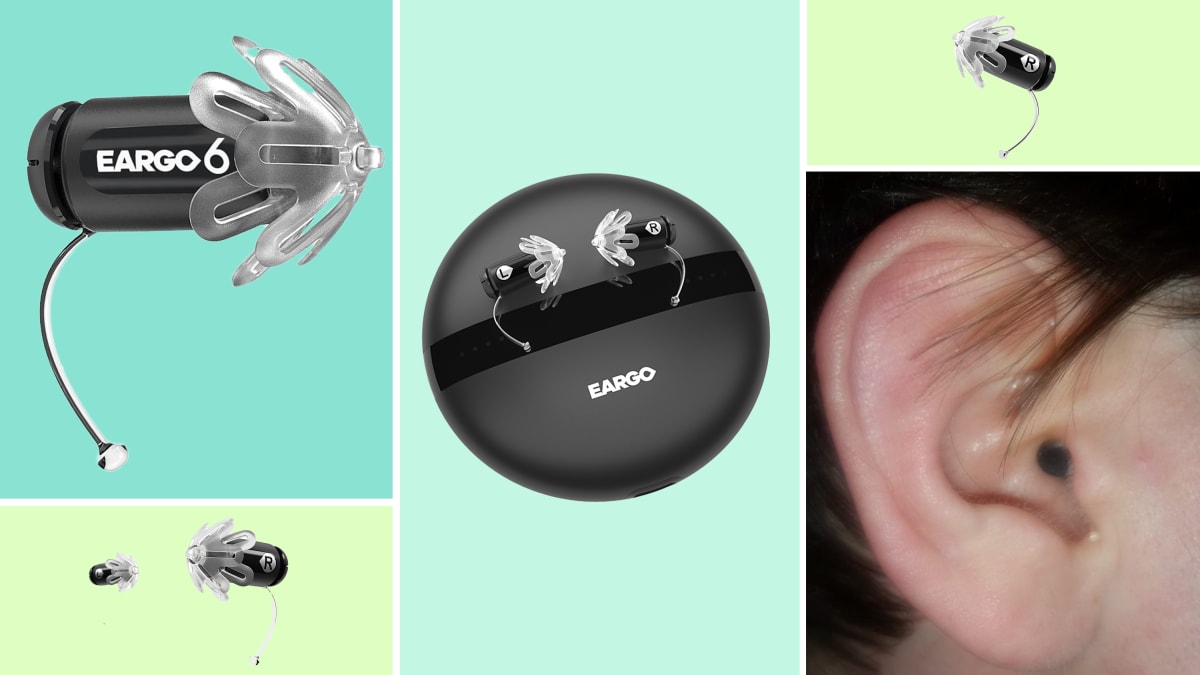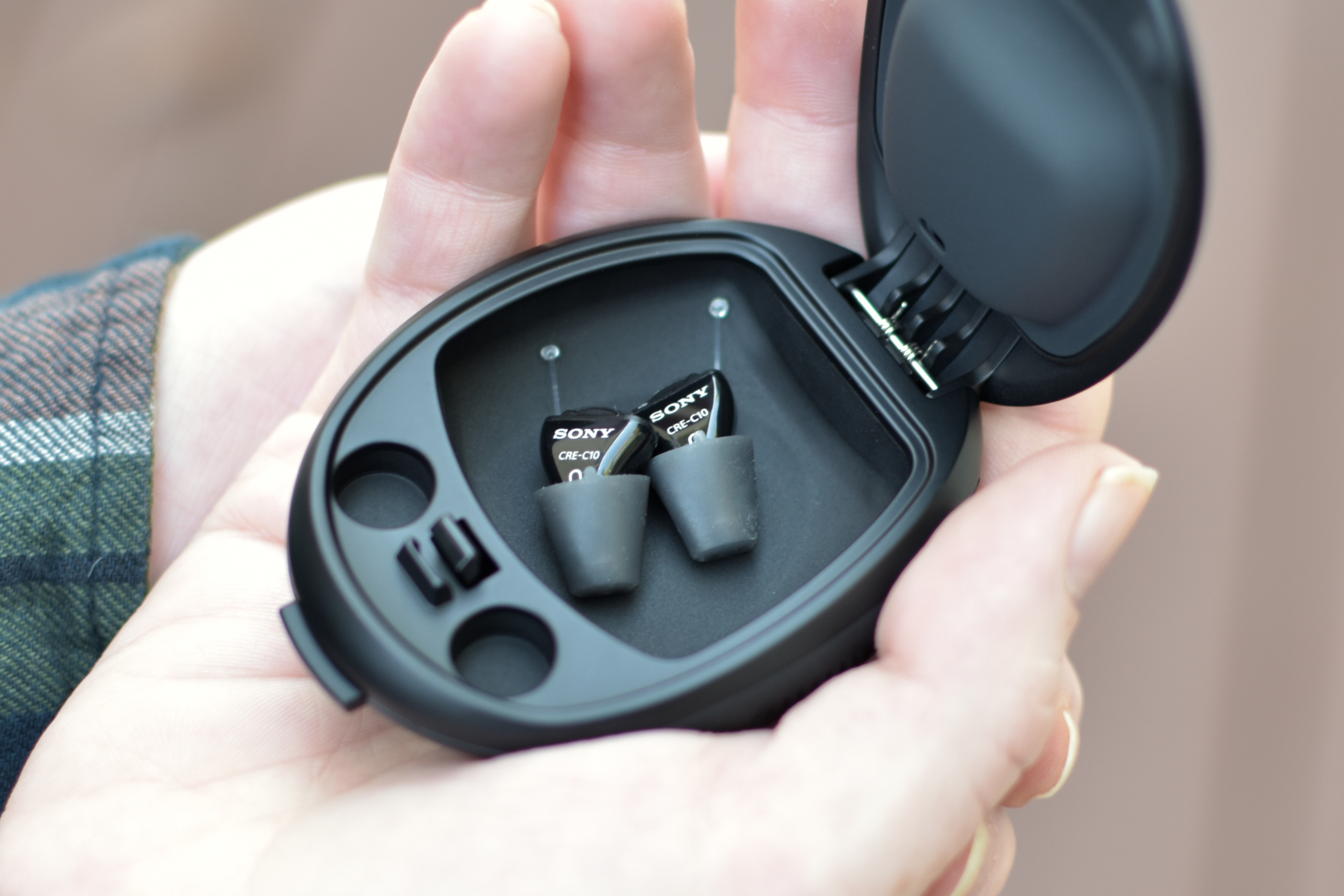In a world where clear communication is key, hearing aids have become essential tools for many individuals dealing with hearing loss. As more options flood the market, OTC (over-the-counter) hearing aids have gained significant popularity. This guide delves into the intriguing landscape of OTC hearing aids, providing in-depth reviews, valuable insights, and answers to common questions that potential buyers may have.

otc hearing aids reviews
Understanding OTC Hearing Aids
What Are OTC Hearing Aids?
OTC hearing aids are devices designed to amplify sound for individuals with mild to moderate hearing loss, available without a prescription. They represent a significant shift in accessibility, allowing consumers to purchase them directly from pharmacies, stores, or online retailers without the need for specialized consultations.

otc hearing aids reviews
How Do OTC Hearing Aids Work?
OTC hearing aids operate by amplifying ambient sounds and directing them into the ear canal. They utilize advanced technology to improve sound clarity, making it easier for users to engage in conversations and enjoy everyday sounds. Users can often adjust settings to cater to different environments, whether in a bustling café or a quiet room.
The Benefits of OTC Hearing Aids
- Accessibility: OTC hearing aids are readily available, removing barriers associated with traditional hearing devices, which often require appointments with audiologists.
- Cost-Effective: With fewer requirements for professional fitting and ongoing adjustments, OTC hearing aids tend to be more affordable.
- User Control: Many OTC options come equipped with user-friendly apps that allow users to personalize their hearing experience.
Exploring the Top OTC Hearing Aid Reviews
Review 1: Audien Atom
The Audien Atom has quickly risen to prominence in the world of OTC hearing aids. Known for its affordability and lightweight design, it offers clear sound amplification, catering particularly to users with mild to moderate hearing loss.
- Pros: Affordable pricing, compact and comfortable, easy to operate
- Cons: Limited features compared to higher-end models, battery life may require frequent changes
Review 2: Eargo 7
Eargo is recognized for its innovative design and user-centric approach. The Eargo 7 is nearly invisible when worn, making it a popular choice for those seeking discreet options.
- Pros: Rechargeable battery with impressive longevity, fully customizable sound profiles, water and sweat-resistant design
- Cons: Higher price point could deter budget-conscious consumers, requires initial setup via a smartphone app
Review 3: Bose SoundControl Hearing Aids
Bose, a name synonymous with audio technology, has developed the SoundControl Hearing Aids. These devices stand out with their quality sound performance and advanced technology.
- Pros: Exceptional sound fidelity, customization through the Bose app, well-balanced performance across various sound environments
- Cons: Premium pricing, may be overkill for those with minimal hearing loss
Review 4: Lexie Lumen
Lexie Lumen provides an interesting mix of affordability and quality, making it an appealing option for many.
- Pros: Affordable monthly subscription model, offers personalized support and adjustments, effective sound amplification
- Cons: Primarily geared towards individuals with mild hearing loss, requires setup through a smartphone
Review 5: Olive Union
Olive Union combines traditional tools with modern technology, offering a sleek and stylish design that appeals to younger users.
- Pros: Multi-functionality including music streaming, sleek and modern design, multiple hearing modes for different environments
- Cons: Battery life could be an issue for heavy users, initial setup can be tricky for some users
Comparing OTC Hearing Aids to Prescription Devices
Advantages of OTC Hearing Aids
- Cost: OTC devices tend to be significantly less expensive than prescription alternatives, making them accessible to a wider audience.
- Convenience: No need for doctor visits or audiologist consultations means quicker access to hearing assistance.
Limitations of OTC Hearing Aids
- Lack of Personalization: Unlike prescription hearing aids, which are tailored for individual hearing profiles, OTC options may not provide the same level of customization.
- Support: Users might face challenges without professional guidance, especially with settings and adjustments.
Key Features to Look for in OTC Hearing Aids
Battery Type
The choice between disposable and rechargeable batteries can influence user satisfaction. Rechargeable options tend to offer convenience and longer battery life, while disposable batteries might be preferable for some users.
Sound Quality
Look for devices that minimize background noise and enhance clarity. Many higher-end OTC devices come equipped with advanced technology for better sound processing.
Connectivity and Usability
Modern hearing aids often feature smartphone compatibility, allowing users to customize settings directly from their devices. Check for user-friendly controls that suit your comfort level with technology.
Frequently Asked Questions (FAQs)
- Are OTC hearing aids effective for all types of hearing loss?
OTC hearing aids are generally designed for mild to moderate hearing loss. Individuals with more severe hearing loss may require prescription hearing aids for optimal performance.
- Can I return OTC hearing aids if I am not satisfied?
Most retailers offer return policies, but it’s crucial to check the specific terms and conditions before purchase. Many devices may come with a trial period.
- Do OTC hearing aids require maintenance?
Routine maintenance, such as battery changes and cleaning, is necessary. Some models may require software updates to ensure optimal performance.
- Are there any insurance plans covering OTC hearing aids?
As of now, many insurance plans do not cover OTC devices, though this landscape may change as these products gain popularity. Check with your provider for coverage options.
- Can I adjust the settings on OTC hearing aids?
Yes, many OTC hearing aids come with mobile apps that allow you to adjust settings based on your personal preferences and listening environments.
- How do I choose the right OTC hearing aid for me?
Consider factors such as your level of hearing loss, budget, desired features, and ease of use when choosing the right device.
- Is a prescription needed for OTC hearing aids?
No, OTC hearing aids do not require a prescription, making them more accessible for consumers.
- How long do OTC hearing aids last?
The lifespan of OTC hearing aids can vary, typically ranging from 3 to 5 years with proper care and maintenance.
Conclusion
OTC hearing aids offer a promising solution for individuals seeking to enhance their auditory experience without the complications often associated with traditional hearing aids. Whether you’re considering devices for the first time or looking for a more convenient option, understanding the various choices available can empower you to make informed decisions. With advancements in technology and a growing number of options on the market, the future of hearing assistance looks bright. By embracing the possibilities of OTC hearing aids, you can step into a world of clearer sounds and enriched communication.